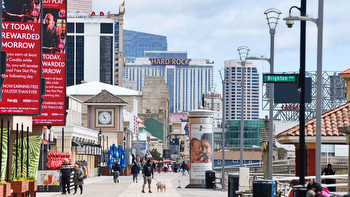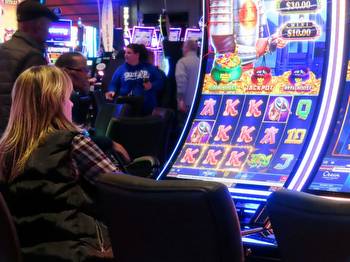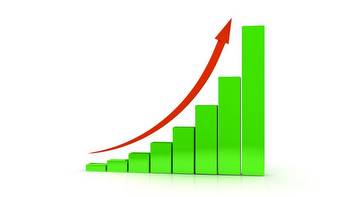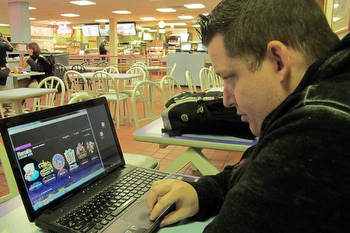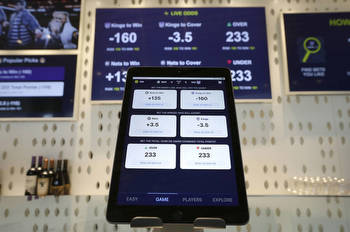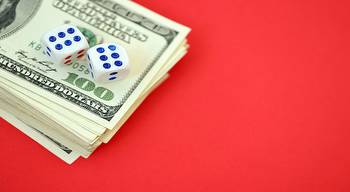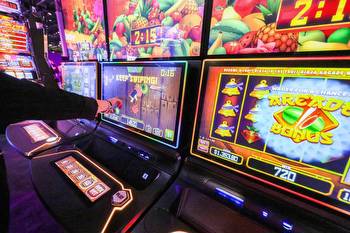Americans Bet Billions Illegally Each Year, Casino Lobby Says

Americans gamble an estimated $511 billion each year with illegal and unregulated sportsbooks, online casino websites and so-called “skill games,” according to a new report from the American Gaming Association.
States are missing out on $13.3 billion in tax revenue annually, nearly $2.5 billion more than legal operators generated in 2021 ($11.7 billion). It also cost the legal gaming industry $44.2 billion in annual revenue, or nearly half of the $92 billion in combined commercial and tribal revenue in 2021.
“Illegal and unregulated gambling is a scourge on our society, taking advantage of vulnerable consumers, skirting regulatory obligations and robbing communities of critical tax revenue for infrastructure, education and more,” said AGA President and CEO Bill Miller. “We have always known that the illegal and unregulated market is expansive, but this report illuminates just how pervasive it is.”
The AGA estimates that Americans wager $63.8 billion with illegal bookies and offshore sites at a cost of $3.8 billion in gaming revenue and $700 million in state taxes. With Americans projected to place $100 billion in legal sports bets this year, these findings imply that illegal sportsbook operators are capturing nearly 40 percent of the U.S. sports betting market.
Sports betting is legal in 36 states and the District of Columbia.
The report also found that 49 percent of past-year sports bettors have placed a bet with an illegal operator.
Americans wager an estimated $337.9 billion with unregulated online casinos, with a loss of $3.9 billion in state tax revenue. With $13.5 billion in estimated revenue, the unregulated online casino market in the U.S. is nearly three times the size of the legal online casino, estimated to be $5 billion in 2022.
Online casinos are legal in six states.
The study was conducted by The Innovation Group on behalf of the American Gaming Association and is “based largely” on a survey of 5,284 U.S adults, examining their past-year gambling behaviors with both legal and illegal operators. It also incorporates publicly available data on the size of the legal U.S. gaming market and certain state gaming machine markets.








